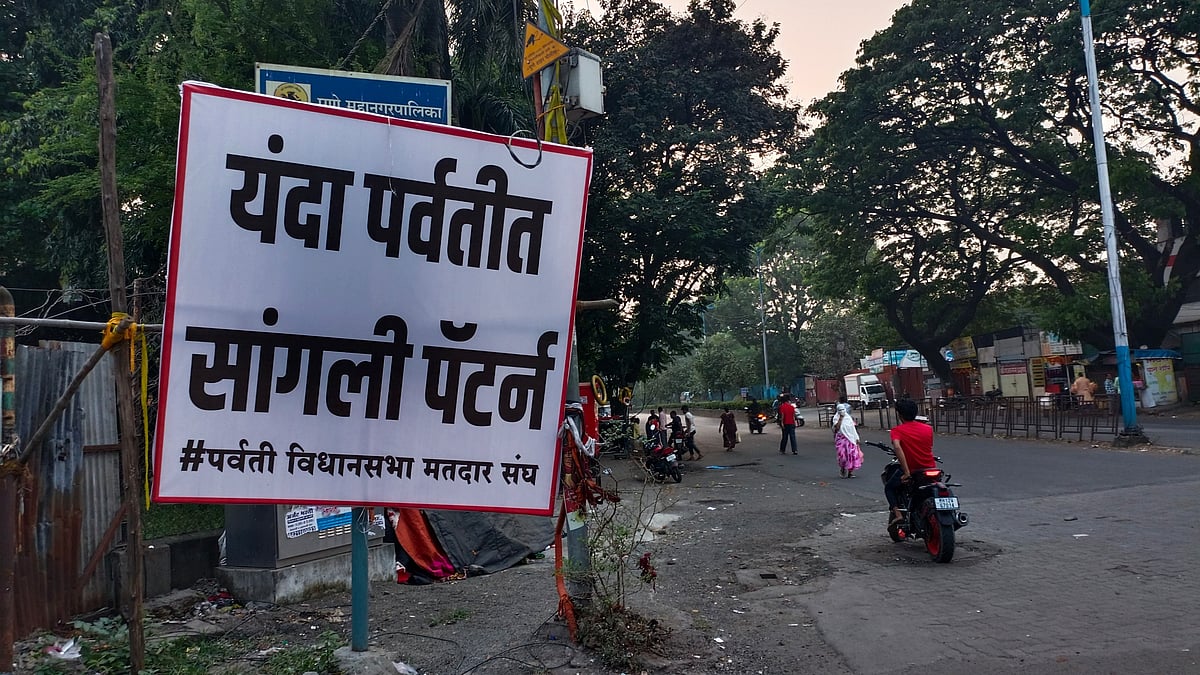Health Minister Dr Tanaji Sawant conducted a comprehensive review of the healthcare preparedness made by the health department at the district and village levels in Pune. The meeting, attended by Additional Chief Secretary Milind Mhaiskar, Health Services Commissioner Dheeraj Kumar, Director Dr Nitin Ambedkar, and other officials, aimed to ensure immediate health facilities in case of diseases and floods.
During the review, Dr Sawant emphasized the identification of high-risk villages and the need to keep quick response teams ready for immediate deployment. He instructed that employees be trained and swift measures be taken in the event of disease outbreaks. "Daily reports on district-level preparedness should be prepared and closely monitored. The safety of drinking water sources should also be regularly checked to ensure their suitability for consumption," he added.
Dr Sawant further instructed the preparation of a list of telephone numbers for coordinating officers in each district, which should be regularly updated and shared at the state level as well. He emphasized the distribution of epidemic control kits and the maintenance of lists of ASHA and health workers with the District Health Officer.
Awareness on vector-borne diseases
The meeting also highlighted the importance of monitoring mosquito breeding sites and promoting public participation in the maintenance of water bodies. Dr Sawant suggested the creation of a manual with guidelines for the Rapid Action Team and other employees, and emphasized the availability of an adequate stock of medicines. He recommended the placement of informational boards in Gram Panchayats and Nagar Panchayats to raise awareness about epidemics.
Additional Chief Secretary Mhaiskar stressed the need to spread disease awareness among the people and commended the health department's responsible efforts in challenging situations. He urged everyone to actively contribute to effectively manage the health situation during the rainy season.
The meeting, conducted via video system, was attended by the Deputy Health Director, District Surgeon, and District Health Officer frpm Pune.
At present, the health department has compiled a list of vulnerable villages and launched survey campaigns and patient search initiatives through home visits and health workers. Regular visits to ashram schools by medical officers and employees are being conducted. Additionally, water samples from 76,000 sources have been tested, and water sources have been categorized using green, yellow, and red cards based on their survey results.











